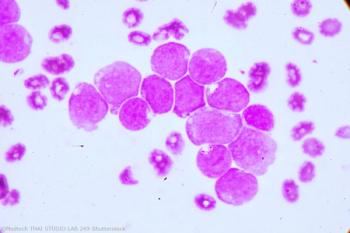
Researchers used high throughput drug screening on leukemic stem cells to determine drug resistance and sensitivity in acute myeloid leukemia patients.

Your AI-Trained Oncology Knowledge Connection!


Researchers used high throughput drug screening on leukemic stem cells to determine drug resistance and sensitivity in acute myeloid leukemia patients.

A recent study examined the literature on whether immune checkpoint molecules improve overall survival in oral squamous cell carcinoma.

Gary H. Lyman, MD, MPH, says the plan does not address several significant concerns, such as delay tactics that limit prompt access to biosimilars.

Researchers discovered clinical and experimental evidence that calls into question the widely held notion that LSCs preferentially outlive chemotherapy.

New research published in Neuro-Oncology examines the controversial link between intracranial volume and high-grade glioma.

The ground-breaking study, led by the Leukemia & Lymphoma Society, is evaluating several novel targeted therapies for acute myeloid leukemia.

Experts discuss the implications of research that found PCI reduces brain metastases in stage III NSCLC, but does not improve overall survival.

Researchers reported on differences in overall survival for LCT vs maintenance therapy/observation in oligometastatic NSCLC.

The recommendations on Trial Reporting in Immuno-Oncology aim to enchance understanding of efficacy and toxicity outcomes in immuno-oncology trials.

The frequency of hepatotoxic immune-related adverse events varied in patients receiving one vs multiple chemotherapy agents.

New research evaluated whether symptomatic indolent follicular lymphoma requires new long-term therapy after first-line rituximab without chemotherapy.

Various challenges still surround the use of cancer biologics, but expert guidance and expiring patents may help expand their use and benefits.
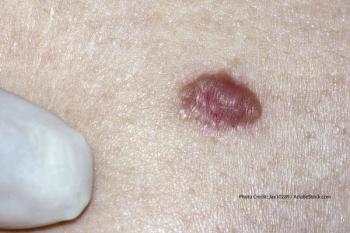
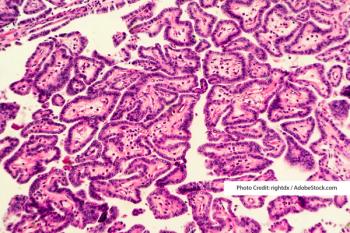
A new study in Cancer Management and Research found a correlation between the age of patients with papillary thyroid cancer and lymph node positivity.

LOXO-292, which selectively targets RET and has demonstrated preclinical activity against activating RET fusions/mutations, holds promise.

The research, published in JAMA Oncology, evaluates survival outcomes of a second allogeneic hematopoietic cell transplant vs donor lymphocyte infusion.

Cemiplimab (Libtayo), approved for advanced cutaneous squamous cell carcinoma, is intended for those not eligible for curative surgery or radiation.
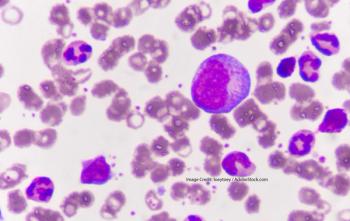
A study in The Lancet Haematology suggests this combination could become first-line for elderly or unhealthy patients with newly diagnosed AML.
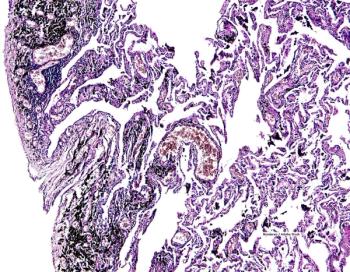
In recent years, advances in the molecular analysis of tumors and pathologic investigation have improved understanding of an ambit of lung cancer types.
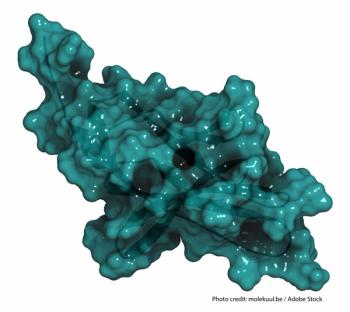
Four or more biopsies proffer little additional benefit, found a study presented at the IASLC 19th World Conference on Lung Cancer.
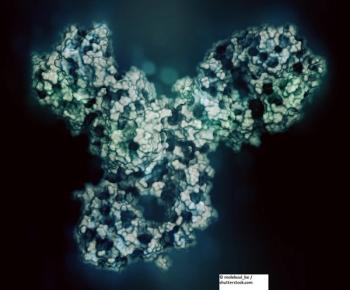
Pembrolizumab plus chemotherapy failed to improve survival compared with pembrolizumab alone in patients with non–small-cell lung cancer.

Two presentations at the IASLC WCLC 2018 discussed the evidence on treating breathlessness with pharmacologic vs nonpharmacologic therapy.

The eighth edition outperforms the seventh edition in predicting survival differences in patients with papillary thyroid cancer and follicular thyroid cancer.

The study confirmed a significant effect of male sex on PTC-specific patient survival in individuals with the most frequent oncogenic mutation.
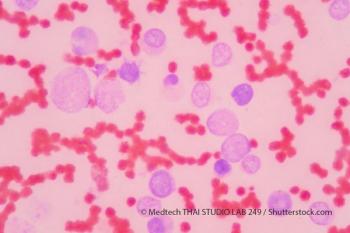
CX-01, a low-anticoagulant heparin derivative, has demonstrated good rates of complete remission, rapid platelet recovery, and no serious adverse events.

Certain malignancies may possess a common and targetable matrix response, which affects disease pathogeneis, according to a study in Cancer Discovery.

Researchers have developed a mouse model of high-grade serous carcinoma that could prove useful in the preclinical testing of prevention strategies for ovarian cancer.

Optical coherence tomography and multispectral fluorescence imaging have demonstrated promising results in the early detection of ovarian cancer.

Mogamulizumab (Poteligeo) is indicated for relapsed or refractory mycosis fungoides or Sézary syndrome following at least one prior systemic therapy.